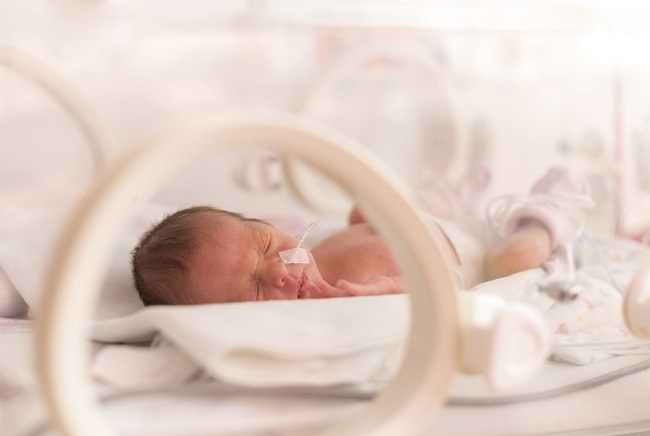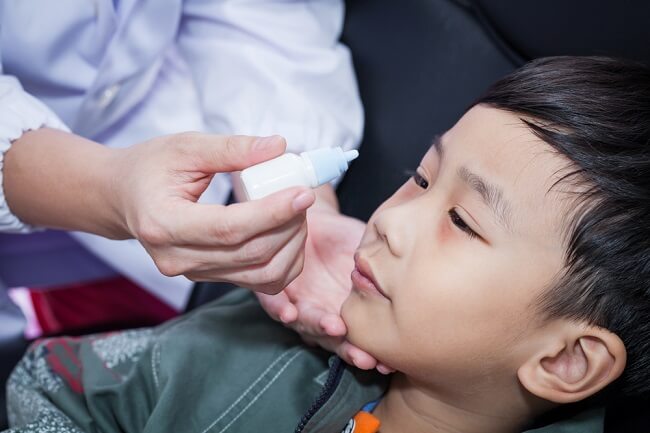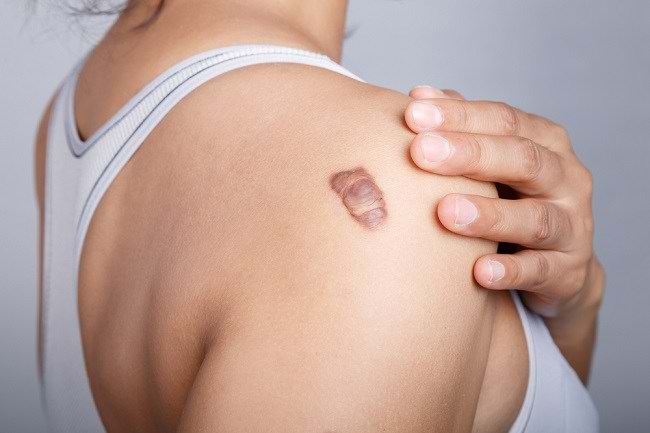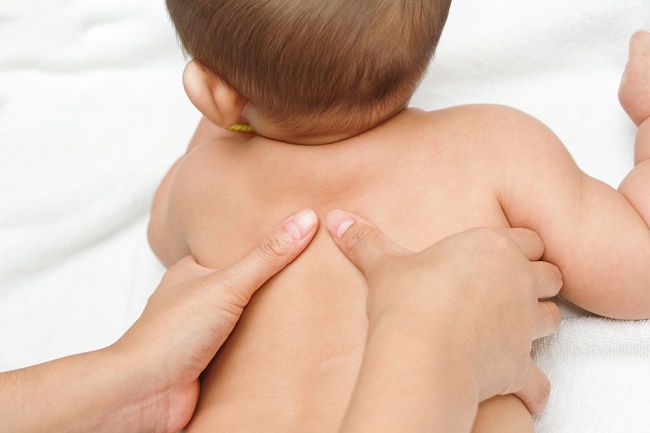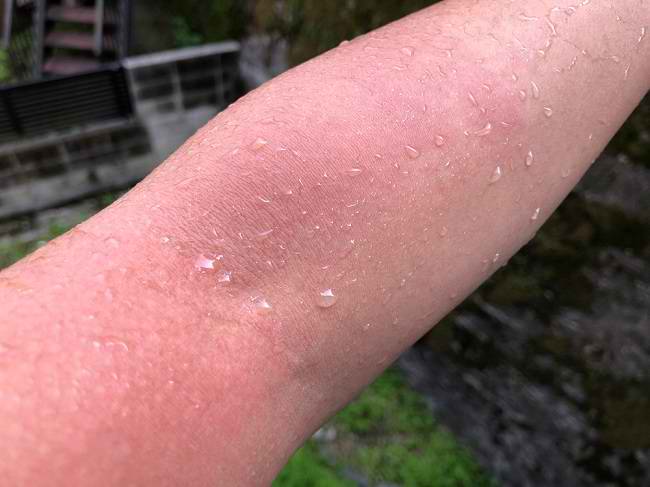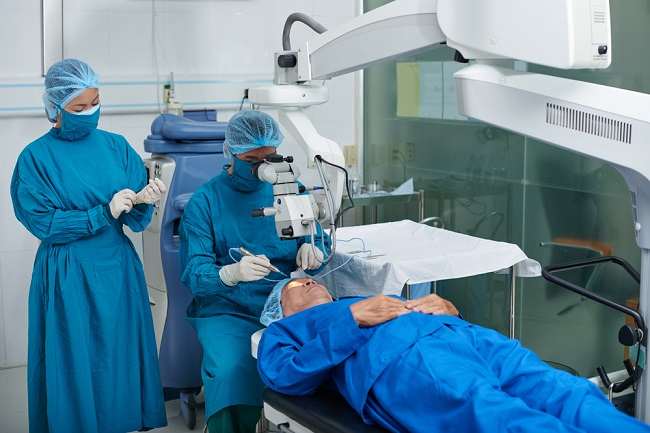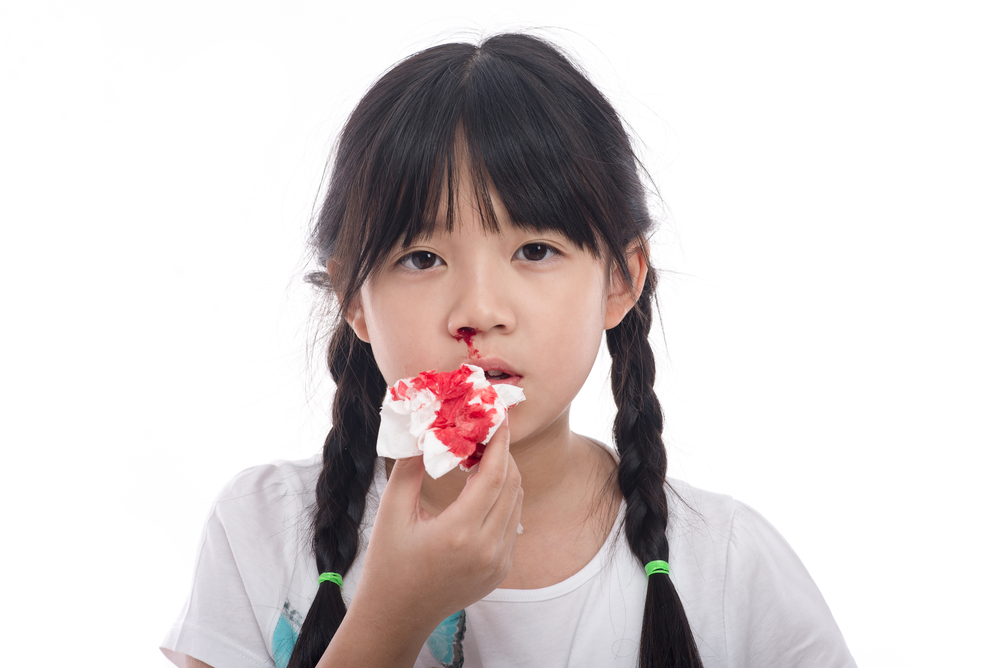Monkeypox has become a public concern since the discovery of cases of this disease in Singapore. Because Singapore is close to Indonesia, the Indonesian government also appeals to the public to be vigilant and maintain cleanliness to prevent the transmission of this disease.
Monkeypox or monkeypox is a rare infectious disease caused by a virus monkeypox from group Orthopoxvirus.Monkeypox first discovered in 1958, where there were two outbreaks of a smallpox-like disease occurring in a group of apes kept for research. That is why, this disease was then given the name 'monkeypox’.

In 1970, the case monkeypox It was first discovered in humans in the Congo, Africa. Since then, monkeypox reported to attack humans and become an endemic disease in several African countries, especially Central Africa and West Africa. Outside of Africa, monkepox infection was found in 2003 in the United States, and in 2018 in the UK and Israel.
Transmission of Monkeypox Disease
Virus monkeypox can be transmitted through contact with infected animals or humans. The virus can enter the body through the respiratory tract or wounds on the skin.
This virus is generally carried by animals, such as mice, squirrels, monkeys, rabbits, dogs, and hedgehogs. Consumption of wild animal meat is also one way of transmitting viral infections monkeypox from animals to humans.
Outbreaks of monkeypox that have occurred in Africa have been associated with hunting, skinning, cooking, and eating infected rat meat and monkey meat.
Symptoms of Monkeypox Disease
A person can show symptoms of monkeypox in about 1-2 weeks after the virus enters the body. Some of the symptoms of monkeypox are:
- Fever chills
- Headache
- Muscle ache
- Weak
- Enlarged lymph nodes
- Sore throat
After 1-3 days of fever, a rash on the skin that is similar to chickenpox begins to appear, namely redness, swelling filled with clear fluid, blisters filled with pus, or nodules. The rash usually appears on the face and spreads over the body.
Monkeypox Treatment and Prevention
So far there is no specific treatment for monkeypox. Patients will usually recover on their own within 2-4 weeks after being exposed to this disease.
The treatment given so far is only to reduce symptoms. Although the symptoms of monkeypox are generally not too severe, the patient should be treated in a hospital. In some cases, monkeypox can get worse, cause complications, and even cause death. However, this rarely happens.
Until now, there is no specific vaccine to prevent monkeypox. Maintaining personal and environmental hygiene is one of the important steps to reduce the risk of contracting this disease.
The following are some ways that can be done to prevent monkeypox:
- Avoid contact with animals suspected of being infected with monkeypox.
- Avoid consumption of wild animal meat and meat that is not cooked thoroughly.
- Treating and isolating monkeypox sufferers until they are declared cured.
- Implementing clean and healthy living behavior, for example by diligently washing hands with soap and water.
- Use personal protective equipment, such as gloves and masks, when in close contact with people with monkeypox.
- Avoid traveling to areas or countries with a high number of monkeypox cases.
Prevention of monkeypox is the most important step to avoid the spread of this disease. If you have been exposed to monkeypox, the patient needs to be treated by a doctor at the hospital, so that his condition can be monitored. It also aims to prevent transmission of monkeypox to other people.
Written by:
dr. Dina Kusumawardhani


